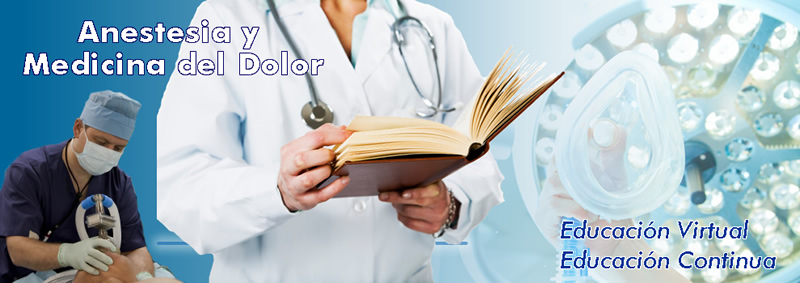Síndrome de dificultad respiratoria aguda pediátrica: manejo de líquidos en la UCIP.
Pediatric Acute Respiratory Distress Syndrome: Fluid Management in the PICU.
Front Pediatr. 2016 Mar 21;4:21. doi: 10.3389/fped.2016.00021. eCollection 2016.
Abstract
The administration of an appropriate volume of intravenous fluids, while avoiding fluid overload, is a major challenge in the pediatric intensive care unit. Despite our efforts, fluid overload is a very common clinical observation in critically ill children, in particular in those with pediatric acute respiratory distress syndrome (PARDS). Patients with ARDS have widespread damage of the alveolar-capillary barrier, potentially making them vulnerable to fluid overload with the development of pulmonary edema leading to prolonged course of disease. Indeed, studies in adults with ARDS have shown that an increased cumulative fluid balance is associated with adverse outcome. However, age-related differences in the development and consequences of fluid overload in ARDS may exist due to disparities in immunologic response and body water distribution. This systematic review summarizes the current literature on fluid imbalance and management in PARDS, with special emphasis on potential differences with adult patients. It discusses the adverse effects associated with fluid overload and the corresponding possible pathophysiological mechanisms of its development. Our intent is to provide an incentive to develop age-specific fluid management protocols to improve PARDS outcomes.
KEYWORDS: PARDS; children; critical care; fluid balance; lung edema; management
| 

